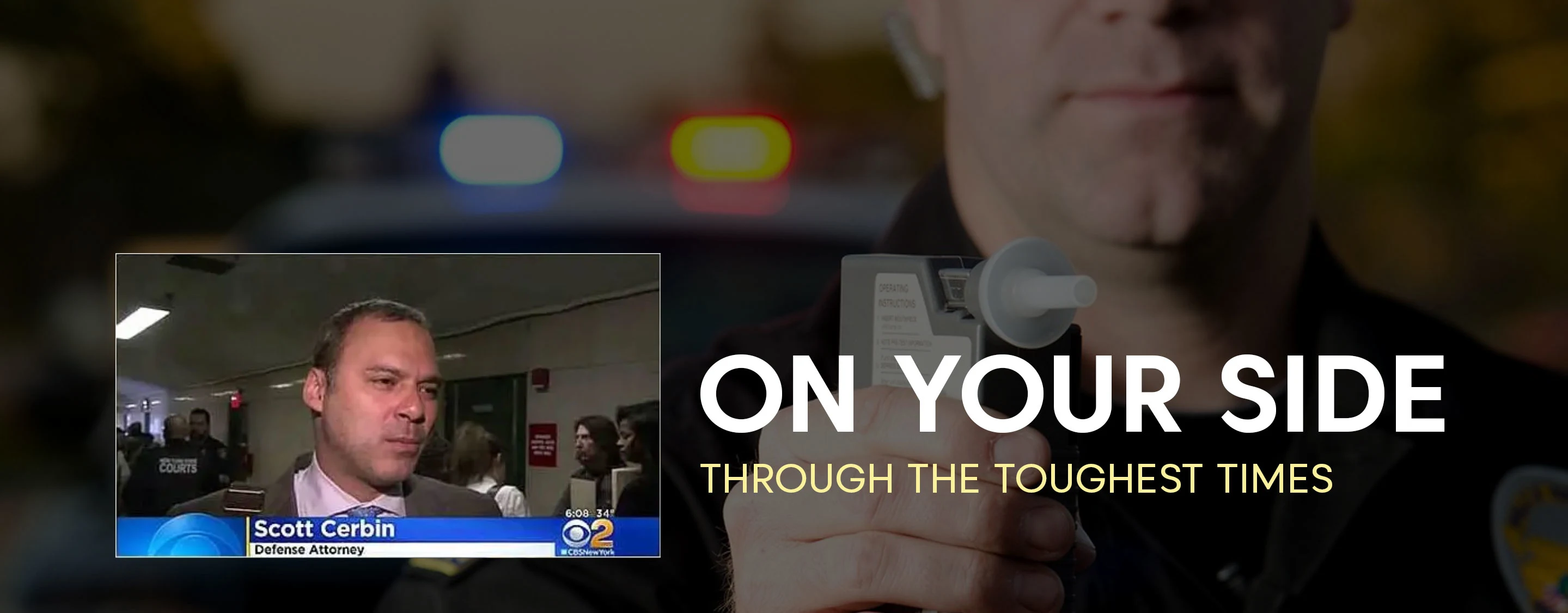At the Law Office of Scott G. Cerbin, Esq., PLLC, in New York, we know that facing federal criminal charges is a very frightening experience. Your freedom is at stake, you could have to pay very substantial fines if convicted, and your reputation is in shambles.
Having RICO charges filed against you is particularly frightening, even though all RICO crimes are of the white collar variety and not violent. Nevertheless, the very acronym RICO conjures up visions of relentless Elliott Ness-type agents in “Untouchables” organizations taking on and convicting such notorious Prohibition-era gangsters as Al Capone.
As explained by the Offices of the United States Attorneys, however, Congress did not pass RICO, the Racketeer Influenced and Corrupt Organization Act, until 1970. Italian Mafia members were its original targets. Over the past 47 years, however, federal law enforcement officials and prosecutors have used the RICO statute to prosecute people they believed were engaged in any of the following:
- Money laundering
- Embezzlement
- Counterfeiting
- Bribery
- Mail fraud
- Any other type of racketeering covered by the RICO statute
Elements of proof
The prosecutor must prove all five of the following elements to convict you of a RICO violation:
- Something called an enterprise existed.
- It employed you or you were somehow part of it.
- You and it committed acts a/k/a predicates that affected interstate commerce.
- You and it committed at least two predicates within a single decade.
- The activities of you and it amounted to a racketeering pattern.
“Enterprise” defined
For RICO purposes, an enterprise can be a corporation, partnership or any formal legal entity; an informal entity such as a loose association whose members act together; or two individuals who act in concert with each other.
“Racketeering pattern” defined
To qualify as a closed-end pattern, the two or more prohibited predicates that you and the entity allegedly committed had to occur within a 10-year period and pose a continuing threat in the future. To qualify as an open-ended pattern, you and the entity need only to have committed one recent predicate, but it, too, must pose a continuing future threat.
If convicted of multiple RICO violations, you could spend up to 20 years in prison for each separate conviction. You also face an extremely high fine for each conviction. It could be as high as $250,000 or twice the amount of money or other proceeds you and the entity received from your illegal activities.
For more information on this subject, please visit this page of our website.




